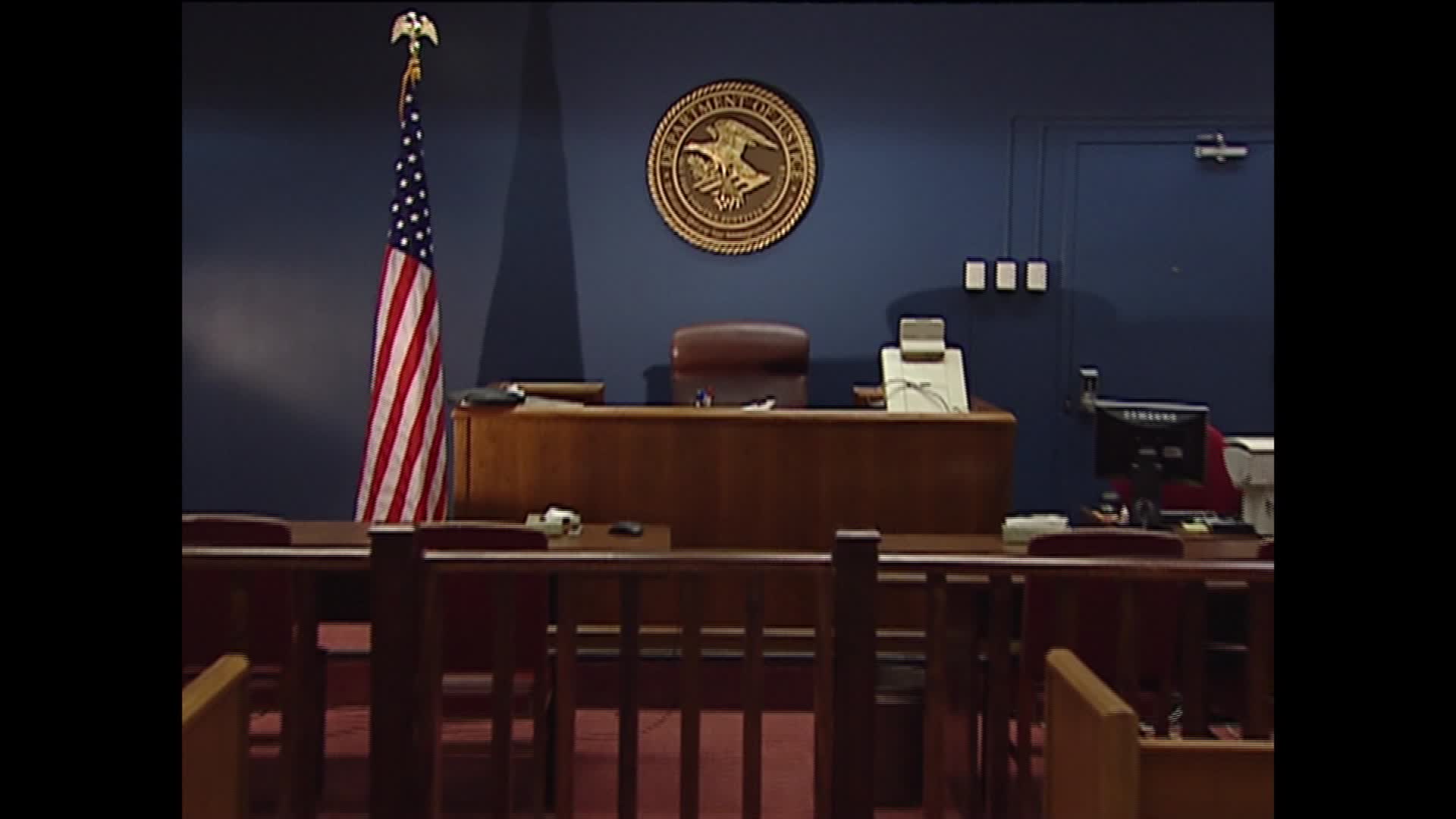Immigration Debate Gets Personal
In northwest Arkansas, the story of Chris Allred illustrates the deep contradictions within the national immigration debate. Once a staunch opponent of illegal immigration, Allred’s life took an unexpected turn when he fell in love with Geleny, an undocumented immigrant from Ecuador. Their relationship challenges the narrative that immigrants are mere burdens on society, revealing the complex human stories behind the statistics.
Economic Contributions of Immigrants
Arkansas has seen a significant influx of immigrants, primarily from Mexico and Central America, since the 1980s, particularly in the poultry industry, which has been a cornerstone of the state’s economy. According to Hispanic Immigration in Arkansas, these workers are crucial to maintaining production levels and supporting local economies. Without them, many businesses would struggle to operate, highlighting the vital role immigrants play in driving economic growth.

How football prepared Colin Allred for his Senate bid | The ...
Personal Struggles Reflect Broader Issues
Allred"s journey from viewing immigrants as "takers" to recognizing their contributions showcases the broader societal struggle with immigration. His experience of marrying Geleny, who has navigated her own challenges as an undocumented worker, opens a window into the harsh realities of U.S. immigration policy. As reported by the Wharton Budget Model, aggressive deportation policies have far-reaching implications, disrupting families and communities while ultimately harming the economy.
Legal Barriers and Human Cost
Allred"s attempt to help his wife gain legal status exposes the labyrinthine nature of U.S. immigration law. According to recent research, the pathways to legal residency are severely restricted, leaving many, like Geleny, in precarious situations. The emotional toll of living in fear of deportation is compounded by the legal system’s inefficiencies, which can leave families in limbo for years. Allred"s perspective shifted as he faced these challenges, leading him to advocate for a more humane approach to immigration enforcement.

Judge expresses skepticism of return-to-Mexico asylum process ...
A Shift in Perspective
Allred"s transformation highlights the need for a compassionate immigration policy that recognizes the humanity of all individuals, regardless of their legal status. His journey has made him more aware of the struggles faced by immigrants, who are often labeled as criminals or parasites. The disparity between public perception and individual reality is stark, as evidenced by Allred"s own admission of being a "walking contradiction." His story serves as a reminder that behind every statistic is a person with hopes, dreams, and the desire for a better life.

![[Video] Federal officers deploy sting balls and flash grenades at Whipple Building](/_next/image?url=%2Fapi%2Fimage%2Fthumbnails%2Fthumbnail-1768340555229-vhfcc-thumbnail.jpg&w=3840&q=75)
![[Video] Crowd-control weapons used in Minneapolis as anti-ICE protesters attack police vehicle](/_next/image?url=%2Fapi%2Fimage%2Fthumbnails%2Fthumbnail-1768336302231-akxf7s-thumbnail.jpg&w=3840&q=75)

![[Video] Protests erupt in Minneapolis after ICE detains teenager, multiple arrests made](/_next/image?url=%2Fapi%2Fimage%2Fthumbnails%2Fthumbnail-1768331835371-z9ylqg-thumbnail.jpg&w=3840&q=75)


![[Video] Gunfire between Iraqi security forces and Sadr militias in Baghdad](/_next/image?url=%2Fapi%2Fimage%2Fthumbnails%2Fthumbnail-1768343508874-4redb-thumbnail.jpg&w=3840&q=75)
